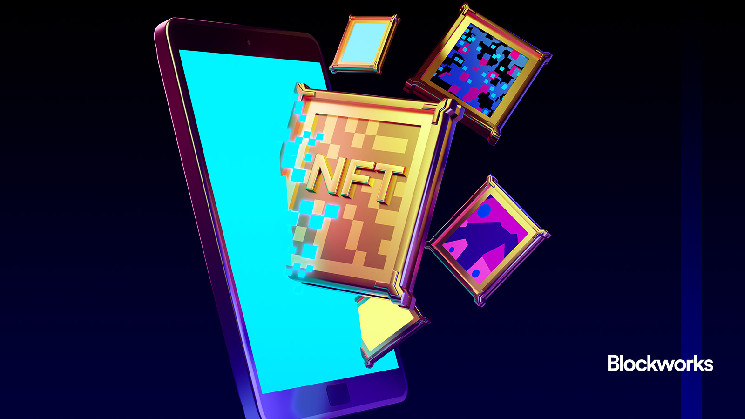The dynamics of memecoin buying and selling are coming to NFT markets.
Zora introduced the launch of onchain secondary markets with Uniswap for its NFT collectibles final week.
That is enabled by a brand new “ERC-20z” token commonplace, an extension from the ERC-1155 commonplace that successfully wraps and unwraps an NFT so it turns into tradable like a regular ERC-20 token.
Zora’s new token commonplace addresses a typical ache level of NFT mints, particularly the dearth of liquidity to make NFTs tradable on a secondary market after the mint closes.
Learn extra: Web3 Watch: A second Trump token fiasco
To bootstrap preliminary liquidity, the brand new token commonplace funnels a portion of mint charges into the next Uniswap pool after the mint concludes. Customers who missed the preliminary three-day timeframe to mint can nonetheless subsequently buy the NFT on Uniswap.
As Zora co-founder Jacob Horne places it: “When the mint ends, the market begins.”
Importantly, this additionally empowers collectors to obtain secondary market royalties onchain, in distinction to the way in which royalties have been enforced offchain on conventional NFT marketplaces like OpenSea.
The primary NFT collectible on the brand new token commonplace “Limitless” (ZRTK) was launched by the Zora workforce. It noticed a staggering 493,343 variety of mints, elevating 54.76 in ETH, in response to Andrew Hong on Dune.
Every day transactions on the NFT-focused chain spiked to 197,519 on Wednesday, a 181% enhance from two days prior, based mostly on Growthepie information.
“Why do customers need to purchase tokens? They achieve this for patronage and revenue. The brand new protocol replace goals on the latter,” Seed Membership founder Jess Sloss instructed Blockworks. “It introduces a mechanism to convey extra buyside demand into the NFT ecosystem.”
Zora is just not the primary participant within the NFT house to experiment with new token requirements. Again in February, Bozo Finance and Ghost Labs developed a token and NFT “hybrid DeFi” idea on Solana.
On Ethereum, the Pandora mission launched what it referred to as the “ERC-404 commonplace” — a misnomer because it had no connection to the ERC course of — that sought to merge the ERC-20 and ERC-721 requirements.
At its peak, one PANDORA token traded for over $32,000, however now modifications fingers for about $1,800.
Learn extra: Pandora ERC-404 assortment tops $90M in gross sales, token falls 55%
These experimental token requirements enabled native fractionalization of NFT belongings into fungible tokens with out counting on a trusted third-party protocol to lock up the unique NFT.
The fractionalized token might then be deposited right into a liquidity pool, with good contracts tethering the value of the fractionalized piece in accordance with the underlying unique NFT.
All tried to unravel the liquidity downside of NFT buying and selling, simply as Zora’s newest commonplace does.
“It’s all a part of a broader user-generated-asset development that we’ve seen with pump.enjoyable,” Sloss stated.
Macauley Peterson contributed reporting.



